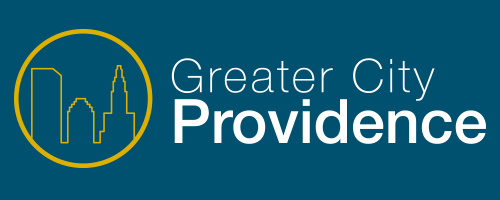![]()
SB 375 Draws Ire of Tea Party [California Planning & Development Report]
While the Tea Party movement has been trying to “take back America” on the national stage since the election of Barack Obama, Tea Party activists have also turned their attention to taking back California – and, specifically, Senate Bill 375, the 2008 law that seeks to combat climate change by promoting density in the state’s metro regions.
Environmentalists and many fans of cities hail SB 375 as an important step towards both curbing global warming and creating more pleasant cities. But Tea Party activists nationwide have fought against local and regional planning efforts, often invoking the United Nations’ “Agenda 21” sustainable development effort as the enemy. In California, Tea Party representatives have increasingly turned up at regional and statewide planning sessions – including a recent SB 375 “One Bay Area” workshop in Concord, where they disrupted the meeting by challenging its premise.
America’s Gambling Craze: Playing with Fire [CitiWire]
What if all America were like Las Vegas, with gambling as near as the closest convenience store? Or if states offered blackjack, poker and other casino-style games on-line, as accessible as your personal computer?
“There is a legalized gambling avalanche in progress in America,” [Sam] Skolnik concludes.
And at a high price, he adds: newly legalized gambling opportunities invariably create new gamblers. A small but significant percentage get hooked. Gambling addiction leads to unemployment, bankruptcies, divorces, illnesses – and in some of the severest cases, suicide. Addicted gamblers, estimates Baylor University scholar Earl Gronois, cost the United States as much as $50 billion a year.
Cities in Fact and Fiction: An Interview with William Gibson [Scientific American]
The city looms large in the fiction of author William Gibson. In the September issue of Scientific American, Gibson’s essay, “Life in the Meta-City,” details how cities increase “the number and randomization of potential human and cultural contacts” and how they serve as “vast, multilayered engines of choice.” Cities that cease to provide choice|or which try to overcontrol their denizens|lose their spark and sometimes perish. In the interview that follows, Gibson shares his perceptions about existing cities and their links to his fiction.
Calm down – With a very few exceptions, America is no place for cyclists [The Economist]
DYING while cycling is three to five times more likely in America than in Denmark, Germany or the Netherlands. To understand why, consider the death of Michael Wang. He was pedalling home from work in Seattle on a sunny weekday afternoon in late July when, witnesses say, a brown SUV made a left turn, crunched into Wang and sped away.
The road where the 44-year-old father of two was hit is the busiest cycling corridor in Seattle, and it has clearly marked bicycle lanes. But the lanes are protected from motor vehicles by a line of white paint|a largely metaphorical barrier that many drivers ignore and police do not vigorously enforce. A few feet from the cycling lane traffic moves at speeds of between 30 miles per hour, the speed limit for arterials in Seattle, and 40 miles per hour, the speed at which many cars actually travel. This kind of speed kills. A pedestrian hit by a car moving at 30mph has a 45% chance of dying; at 40mph, the chance of death is 85%, according to Britain’s Department of Transport.




Add comment